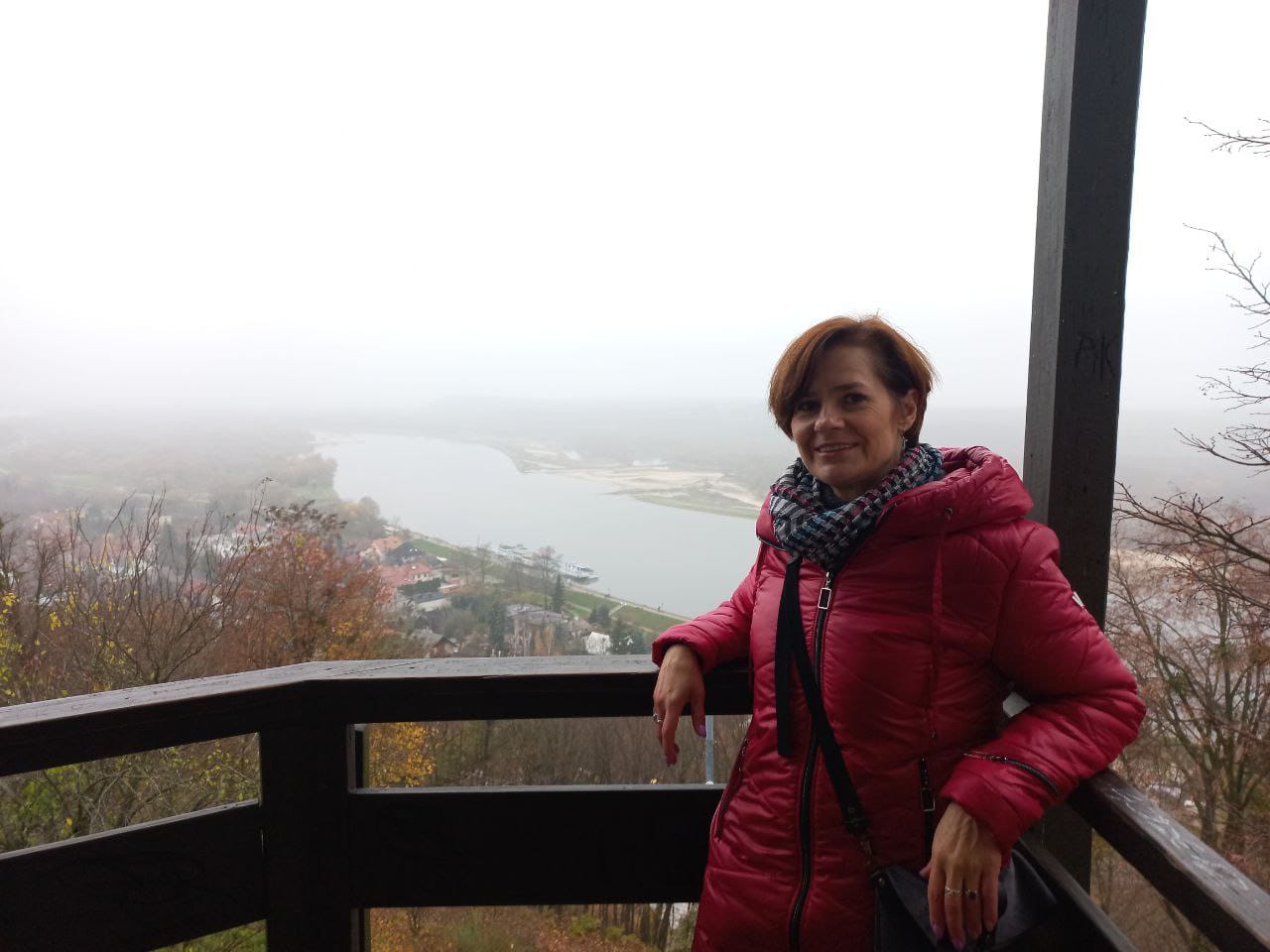Sources of Russian cruelty

“I am not scared of any work”, says Olena Hrybanova, a psychologist with twenty years’ experience, “but at times I’m appalled by what I’ve encountered when overseeing the work of my Ukrainian colleagues.” Olena has a great deal of experience, working with people who’ve faced extreme situations but she cannot remain calm when talking about what she’s witnessed in Ukraine.
“I see not just violence here, but a violence bordering on sadism. As a psychologist, with a certain analytical turn of mind, I was curious to know where these demons were coming from. What were the unconscious sources of these violent demons that could make a person do such things?” comments Olena, who witnessed widescale violence during protests in her native Belarus.
What drives Russia’s soldiers to act with such cruelty. In Olena’s view, there are three basic causes of Russian sadism:
- Compensation for feelings of personal inferiority
- Excessive powers without clear limits
- The influence of propaganda
“If we’re to be honest, no one has abolished Russian chauvinism,” adds Olena. “We talk as if people in Russia were normal before the war: they went to work, brought up their children, visited Ukraine, went to stay in other countries where they were greeted hospitably. Suddenly they began to act abnormally, travelling to Ukraine and killing its defenceless inhabitants.
“As far back as 2019 when I was in St Petersburg I came home and told my relatives: ‘Russia’s ready to go to war.’ No one believed me. They all thought I was off my head, it couldn’t be true. In fact, you could already sense it. There was a Volkswagen driving around with a sign on it, ‘To Berlin!’ ‘We can do it again!’ Everywhere you met such propaganda. Everywhere there were signs asserting that ‘Russia is the world’s greatest nation’, ‘Russia is a great State’. This nourished an artificial sense of greatness, a foolish national pride.”
The cheapest form of pride
The cheapest form of pride, said Schopenhauer, is national pride. Drawing on the philosopher’s words, Hrybanova draws a parallel between the personalities of the security men who beat up Belorussian protestors and Russian soldiers who came to kill Ukrainians:
“They are not very developed intellectually. As a rule, they are men from rural areas who had no other prospects. They were not successful in school. They could not look forward to university studies or living in a big city, like Minsk. They were given a club and told, ‘Go and beat these scoundrels who are stirring up trouble here and you’ll feel better.’ When I investigated and analysed these sadistic acts in Ukraine towards innocent people, I found the same tendencies.”
Hrybanova worked for the Belorussian emergency services until she was sacked for disagreeing with those in charge. She studied crowds and how they influence people’s awareness. She is sure that, as in the Soviet Union, the “herd” instinct is typical of modern Russian society and it forces Russians to close their eyes to the mass crimes committed by their army in Ukraine and in other countries.
“Don’t join the mob, psychologists say, ‘unless you’re being paid to do so.’ Don’t join in, in other words, unless you wish to lose your individuality.”
“Someone who is given coercive powers but does not establish for himself limits to those powers and does not accept responsibility can turn into a violent person, a bestial creature without morality who cannot tell good from evil. This is a profound issue over which many scholars and philosophers continue to rack their brains; psychologists and psychiatrists as well.”
Helping the survivors
We should also be concerned, the psychologist adds, about how we heal the trauma suffered by the victims of Russian war crimes. Olena does not like the word “victim”, which is used everywhere in the former Soviet Union. Instead, she says, we should talk about the “survivors” of such events. “A victim always imagines that nothing depends on her (or him). The person who has managed to survive and overcome that experience always knows that she (or he) can do something about it.”
![Ілюстрація: Марія Крикуненко / Харківська правозахисна група [психологія людина абстракція мозок думки психотерапія психаітрія мислення колективна травма війна]](https://t4pua.org/files/img/1604923185.png)
Olena Hrybanova has identified two major reasons why Ukrainians have not been able to cope successfully with such trauma.
A great many people have been traumatised by the war. So many that there are not enough trained crisis psychologists who might talk to them in a language they can understand and help them. You could even talk about “collective trauma”.
Two, there is a lack of systematic support. Ukrainians can get a single consultation but there are few places where they can receive all-round support and advice. A person will usually need several sessions with a specialist in order to define the sources of the problem.
“Give a man a fish or teach a man to fish?” says Hrybanova. “How many Ukrainians moved to Poland and how many have come back home, even to danger zones? They spent a year abroad: they couldn’t find work, and social assistance ran out. How were they supposed to live after that? They were intimidated, in my view.”
Victims of Russian war crimes in Ukraine can receive all-round support from the KHPG. If you or your friends need humanitarian, psychological or legal aid, you can apply to us through the contact numbers on the KHPG website.